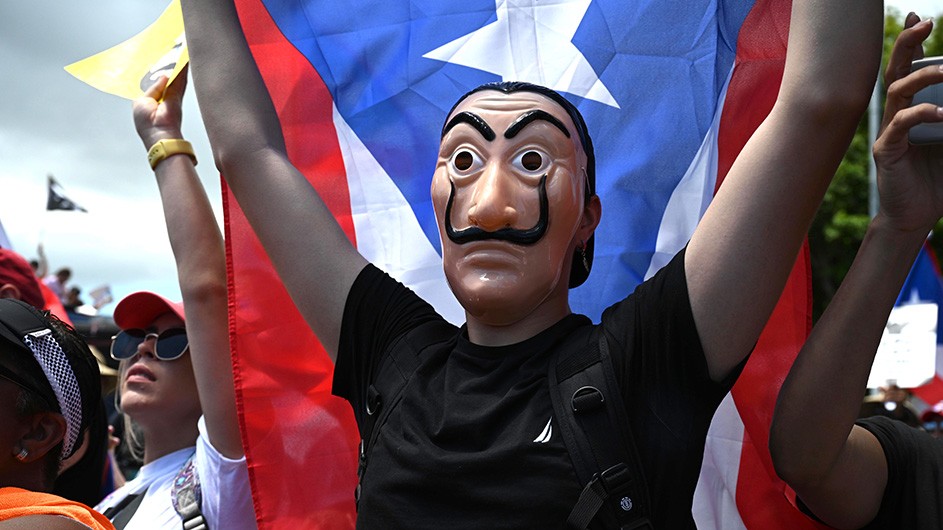SAN JUAN, Puerto Rico – On July 24, after 11 consecutive days of protest, Puerto Rico’s governor Ricardo A. Rosselló announced his resignation. He will step down on Aug. 2.
To the chant of “RickyResign!” hundreds of thousands of Puerto Ricans—close to a third of the island’s population—had been calling for Rosselló to leave his post since July 13. Among the protesters were many of Puerto Rico’s most notable music stars, including Ricky Martin, Rene Pérez (Residente) and Bad Bunny. I was also there.
The trigger was unexpected: Almost two weeks ago, the island’s Center for Investigative Journalism released 889 pages of leaked private chat among the governor and 11 members of his inner circle. In those conversations, participants disparaged and threatened women, made jokes about gay men and those who died in Hurricane Maria. They also celebrated their ability to bury the truth and get away with it.
While any of these comments could land most politicians in trouble, the mass mobilization from young and old, activists and first-time protesters was partly a response to the hardships endured by the island’s population during the last decade. The austerity policies put in place by a United States-appointed fiscal control board to address a $72 billion public debt have resulted in cuts to basic services, education and health care. Evident in many of the handmade signs, Puerto Ricans have also not forgotten the lack of adequate and timely assistance to the island after Hurricanes Irma and Maria resulted in a one-year blackout, the deaths of 4,645 people and the migration of more than 100,000 residents—4% of the population—to places like Orlando, Florida and New York City.
Many Puerto Ricans also viewed their losses as rooted in the island’s status as a colonial possession of the United States for the last 122 years, which limits the resources that communities can access even in times of crisis, and disallows full political participation both in and out of the U.S. government.
For those on the streets, Rosselló’s departure was never an end in itself, but rather the beginning of a different Puerto Rico. Which is why the protests are likely to continue for months to come. As a young man working as an Uber driver told me, “We’re not done protesting. We’ll be back.”

